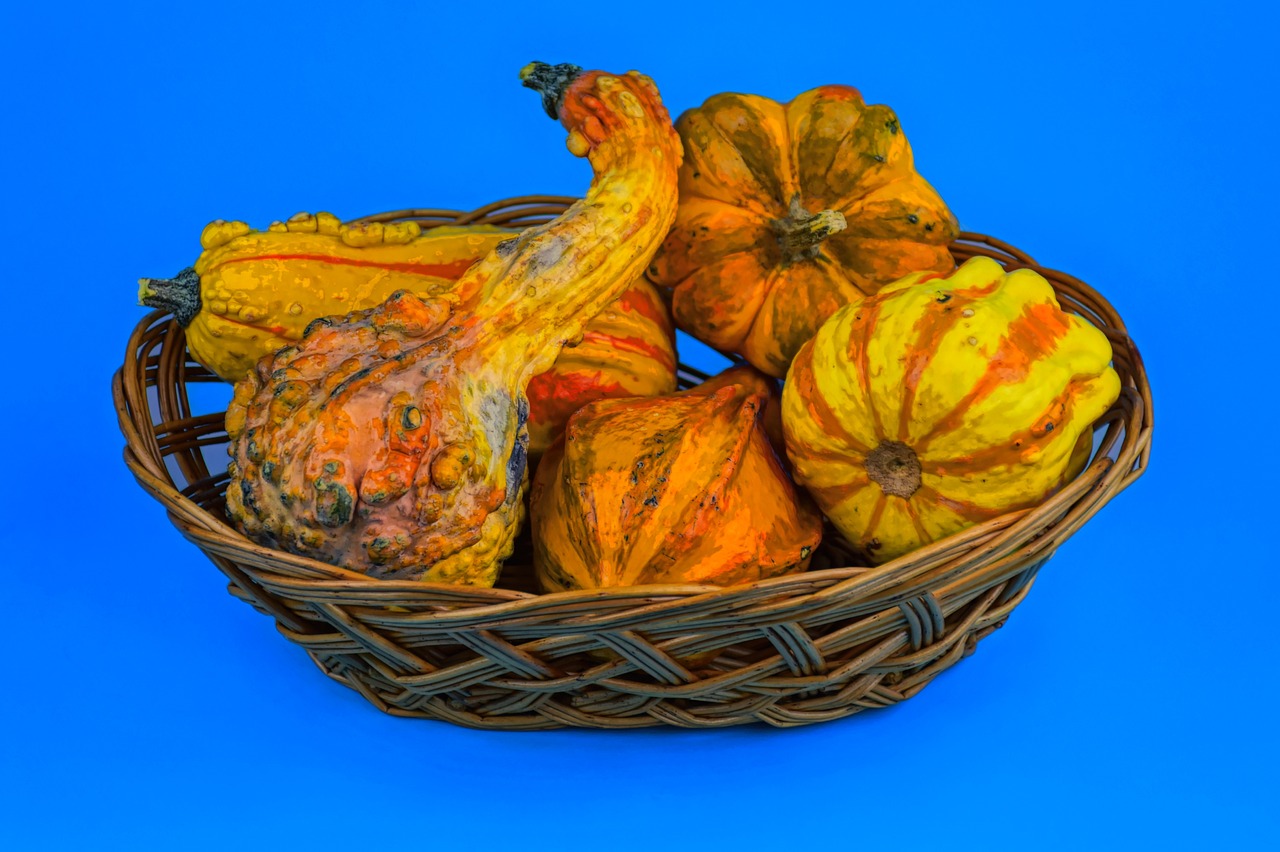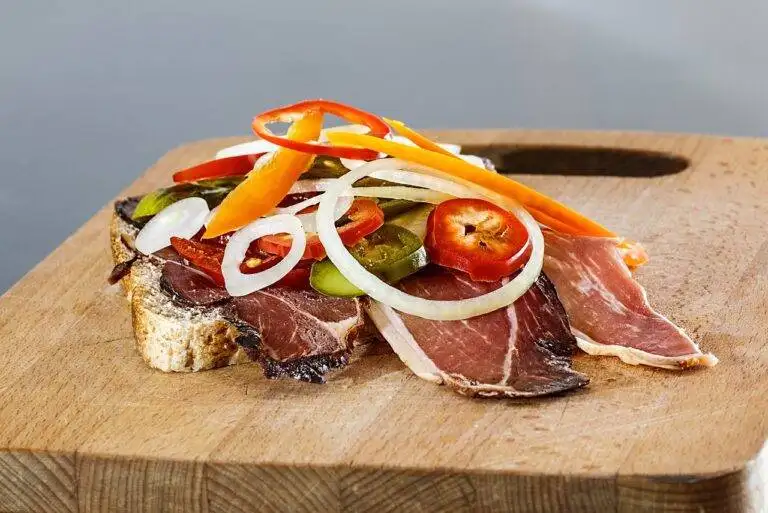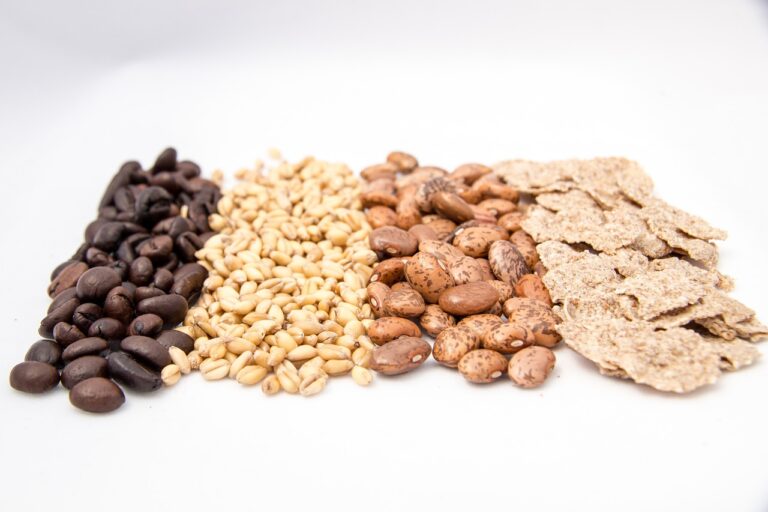The Impact of Jam and Jelly-Making Classes on Culinary Entrepreneurship: 11xplaypro, The tiger 247 login, Betbook login
11xplaypro, the tiger 247 login, betbook login: The Impact of Jam and Jelly-Making Classes on Culinary Entrepreneurship
Have you ever dreamed of starting your food business but weren’t sure where to begin? Jam and jelly-making classes might just be the perfect stepping stone towards culinary entrepreneurship. These classes not only teach you how to make delicious spreads but also provide valuable skills and knowledge that can help kickstart your own business. In this article, we will explore the impact of jam and jelly-making classes on culinary entrepreneurship and how they can help aspiring food entrepreneurs turn their passion into a successful business.
The Rise of Culinary Entrepreneurship
Culinary entrepreneurship has seen a significant rise in recent years, with more and more people looking to turn their love for food into a profitable business. Whether it’s starting a food truck, opening a restaurant, or selling homemade goods at farmers markets, there are countless opportunities for aspiring food entrepreneurs to get their foot in the door.
One of the most popular avenues for culinary entrepreneurship is jam and jelly-making. Homemade jams and jellies are not only delicious but also have a high-profit margin, making them an attractive option for budding food entrepreneurs. By taking jam and jelly-making classes, aspiring entrepreneurs can learn the art of preserving fruits and creating unique flavor combinations that set their products apart from store-bought brands.
The Benefits of Jam and Jelly-Making Classes
Jam and jelly-making classes offer a range of benefits that can help aspiring food entrepreneurs succeed in the competitive food industry. Here are some of the key advantages of taking these classes:
1. Learn Essential Skills: Jam and jelly-making classes teach participants how to preserve fruits, create different textures, and experiment with flavor combinations. These skills are essential for creating high-quality products that stand out in the market.
2. Gain Knowledge About Food Safety: Proper food safety practices are crucial when producing food products for sale. Jam and jelly-making classes educate participants on the importance of food safety and how to ensure their products meet health and safety regulations.
3. Network with Industry Professionals: Jam and jelly-making classes often bring together like-minded individuals who share a passion for food. This offers aspiring entrepreneurs the opportunity to network with industry professionals, learn from experienced chefs, and build valuable connections that can help them navigate the world of culinary entrepreneurship.
4. Develop Your Brand: Creating a unique brand identity is key to differentiating your products in a crowded market. Jam and jelly-making classes provide valuable insights into branding, packaging, and marketing strategies that can help aspiring food entrepreneurs develop a strong brand that resonates with consumers.
5. Test Your Products: Jam and jelly-making classes allow participants to test their products with a real audience and receive feedback on taste, texture, and presentation. This feedback is invaluable for refining recipes, improving product quality, and optimizing sales strategies.
The Impact of Jam and Jelly-Making Classes on Culinary Entrepreneurship
The impact of jam and jelly-making classes on culinary entrepreneurship cannot be overstated. These classes provide aspiring food entrepreneurs with the essential skills, knowledge, and networking opportunities they need to succeed in the competitive food industry. By learning how to create delicious jams and jellies, participants can turn their passion for food into a profitable business that delights customers and drives sales.
Here are some of the key ways in which jam and jelly-making classes can impact culinary entrepreneurship:
1. Inspire Creativity: Jam and jelly-making classes inspire participants to think outside the box and experiment with new ingredients, flavors, and techniques. This creativity is essential for developing unique products that capture the attention of consumers and differentiate your brand in the market.
2. Build Confidence: Starting a food business can be daunting, but jam and jelly-making classes can help aspiring entrepreneurs build confidence in their abilities and products. By mastering the art of preserving fruits and creating delicious spreads, participants gain the skills and knowledge they need to confidently launch and grow their business.
3. Create Opportunities: Jam and jelly-making classes create opportunities for aspiring food entrepreneurs to showcase their products at farmers markets, food festivals, and other events. These platforms provide valuable exposure and allow entrepreneurs to test their products, connect with customers, and gain valuable insights into consumer preferences.
4. Foster Collaboration: Culinary entrepreneurship is a collaborative industry, and jam and jelly-making classes offer the perfect opportunity to connect with other food enthusiasts, chefs, and industry professionals. By sharing ideas, recipes, and experiences, participants can forge meaningful partnerships that support their entrepreneurial journey.
5. Drive Innovation: The food industry is constantly evolving, with consumers demanding new flavors, ingredients, and products. Jam and jelly-making classes encourage participants to stay ahead of trends, innovate their recipes, and create products that meet the changing needs and preferences of consumers.
FAQs:
Q: How much does it cost to take jam and jelly-making classes?
A: The cost of jam and jelly-making classes can vary depending on the duration, location, and instructor. Prices typically range from $50 to $200 per class, with multi-day workshops costing upwards of $500.
Q: Do I need any prior cooking experience to enroll in jam and jelly-making classes?
A: No prior cooking experience is required to enroll in jam and jelly-making classes. These classes are designed for beginners and seasoned cooks alike, providing step-by-step instructions and hands-on guidance to help participants learn the art of preserving fruits.
Q: Can I sell the jams and jellies I make in class?
A: Yes, you can sell the jams and jellies you make in class, but it’s essential to follow food safety regulations, obtain the necessary permits, and label your products accurately. Jam and jelly-making classes typically provide guidance on selling homemade goods and can help you navigate the legal requirements for starting a food business.
Q: How long does it take to start a jam and jelly-making business?
A: The time it takes to start a jam and jelly-making business can vary depending on your goals, resources, and market demand. Some entrepreneurs launch their business within a few months of taking classes, while others may take longer to refine their recipes, develop their brand, and establish a customer base.
In conclusion, jam and jelly-making classes offer aspiring food entrepreneurs a valuable opportunity to learn essential skills, gain knowledge about food safety, network with industry professionals, and develop their brand. By taking these classes, participants can unleash their creativity, build confidence, create opportunities, foster collaboration, and drive innovation in the culinary industry. If you’re passionate about food and dream of starting your own business, jam and jelly-making classes could be the perfect first step towards culinary entrepreneurship.







